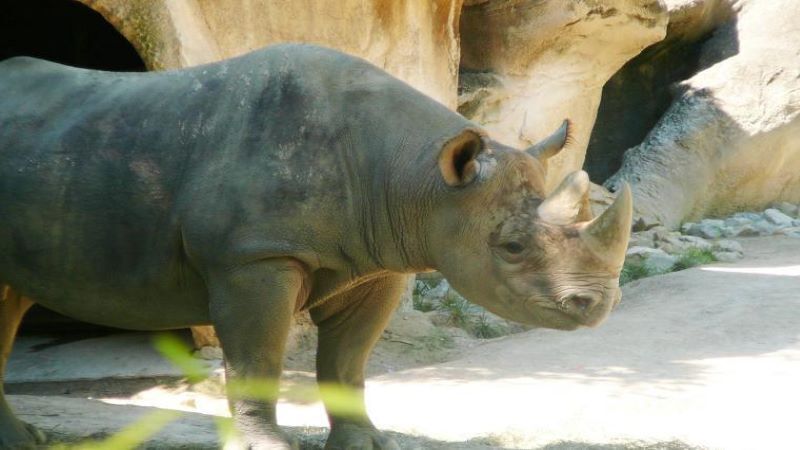Two citizens of the Democratic Republic of Congo have recently been charged with smuggling elephant ivory and white rhinoceros horn into Seattle.
Herdade Lokua, 23, and Jospin Mujangi, 31, were arrested Nov. 3 and indicted by a federal grand jury on conspiracy, money laundering, smuggling and violation of the Lacey Act, a national wildlife trafficking law, according to federal prosecutors.
"The 11-count indictment alleges that Lokua and Mujangi worked with a middleman to smuggle four packages into the United States," a U.S. Department of Justice news release said. "In August and September 2020, the defendants sent three shipments containing a total of about 49 pounds of ivory by air freight to Seattle. In May 2021, they sent another package with approximately five pounds of rhinoceros horn. At the same time, the defendants conspired to conduct large transactions via ocean freight, offering the buyer more than two tons of elephant ivory, one ton of pangolin scales, and multiple intact rhinoceros horns."
The defendants traveled to Washington State to allegedly discuss the terms of a sale and were arrested in Edmonds, Washington. The arrests were made as part of ‘Operation Kuluna,’ an international operation between the Office of Homeland Security Investigations in Seattle, the Government of the Democratic Republic of Congo, and the U.S. Embassy in the Congo, the DOJ said.
Lokua and Mujangi, to conceal the elephant tusks and rhino horns, cut them into smaller pieces, painted them black and mixed them with ebony wood to avoid detection, according to the indictment.
They also allegedly sold 55 pounds of pangolin scales to a buyer in the United States but never shipped the purchase, the news release said. Reuters reported that the scales of Pangolin, a "scaly anteater," are considered a delicacy and used in traditional Chinese medicine.
The Lacey Act is a federal law that “prohibits trade in plants, fish, or wildlife that have been taken, possessed, transported, or sold in violation of U.S., state, tribal, or foreign law,” according to Bradley Law Firm.
If convicted on all counts, the men could face up to 25 years in prison.








